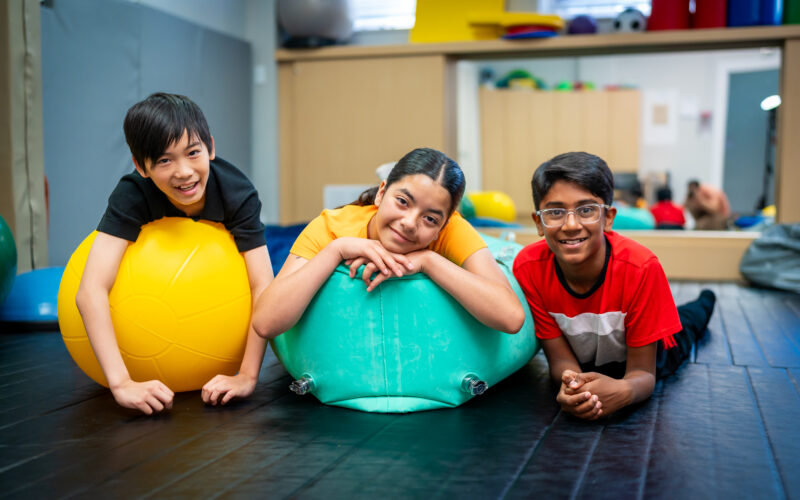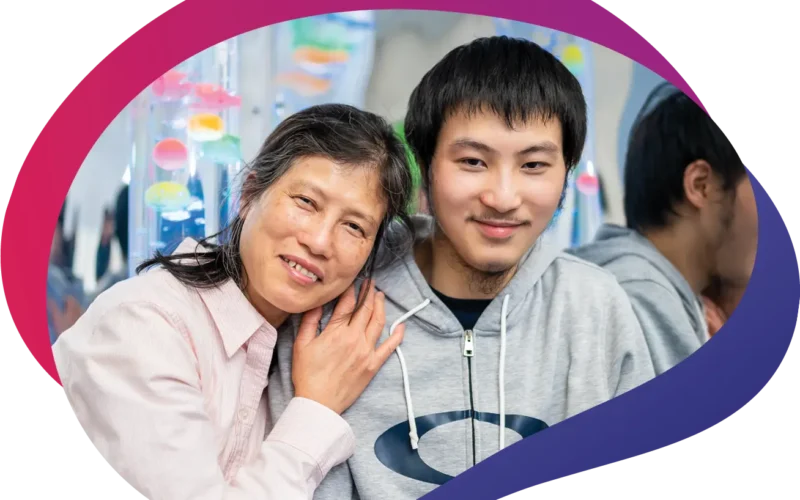People from all races, religions, sexualities, gender identities, ages and abilities have the power to make a difference in our society. It’s up to us to listen and learn from our diverse communities. In honour of Black History Month, we’ve compiled this list of ten powerful quotes by Black Canadian leaders who inspire us to keep growing, understanding, and lifting each other up.
1. Jean Augustine
Black history is not just for black people. Black history is Canadian history.
Jean Augustine was the first Black Canadian woman to serve as a federal Minister of the Crown and Member of Parliament. Her impactful words remind us that the stories of Black Canadians creating positive change in our society should be told to people of all backgrounds and recognized as our collective history as Canadians.
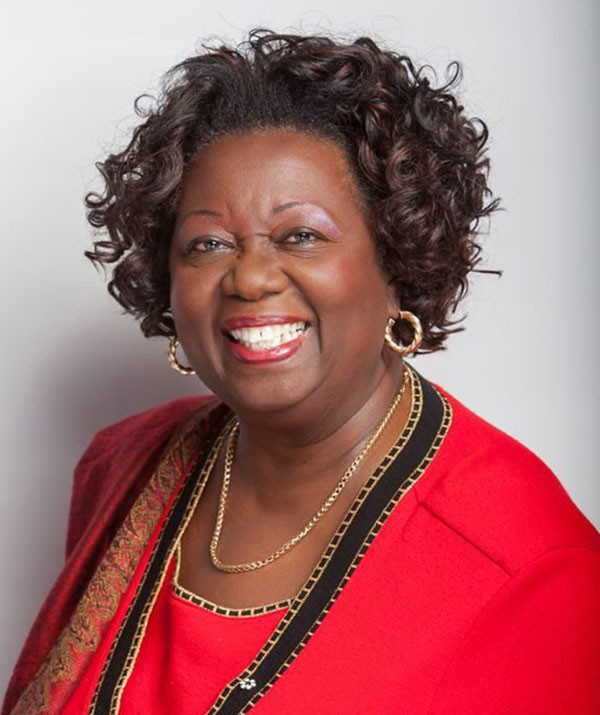
2. Rosemary Brown
We must open the doors and we must see to it they remain open, so that others can pass through.
Rosemary Brown was the first Black Canadian woman to become a member of a provincial legislature and the first woman to run for leadership of a federal political party. This quote from Rosemary is a reminder that an “open door” that allows BIPOC (Black, Indigenous, and People of Colour) to hold a position of power is a triumph, but that door should remain open for more BIPOC to have a seat at the table.
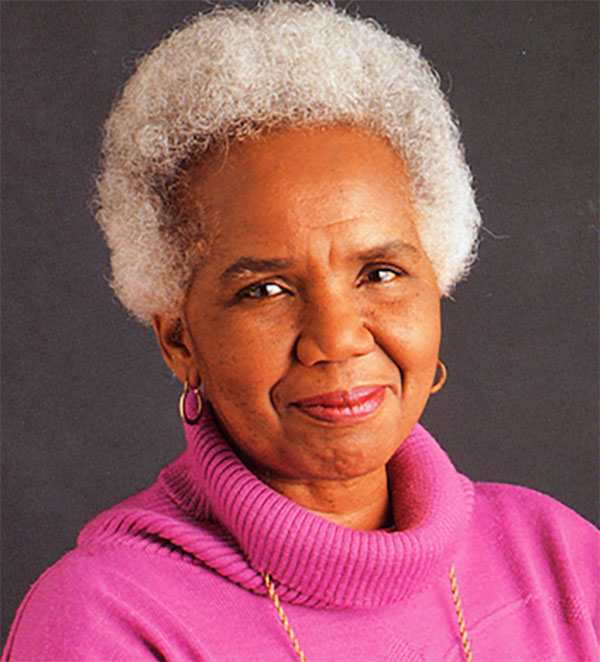
3. Janaya Khan
Privilege isn’t about what you’ve gone through; it’s about what you haven’t had to go through. And right now, we are in a time that is calling on us to learn the stories that we don’t know.
As co-founder of Black Lives Matter (BLM) Toronto who also identifies as Black, queer, and gender nonconforming, Janaya Khan is a prime example of a leader who reminds us of the importance of listening to others’ stories and listening intently to accounts of racism or any other form of discrimination. True privilege is about not being forced to go through these types of situations.
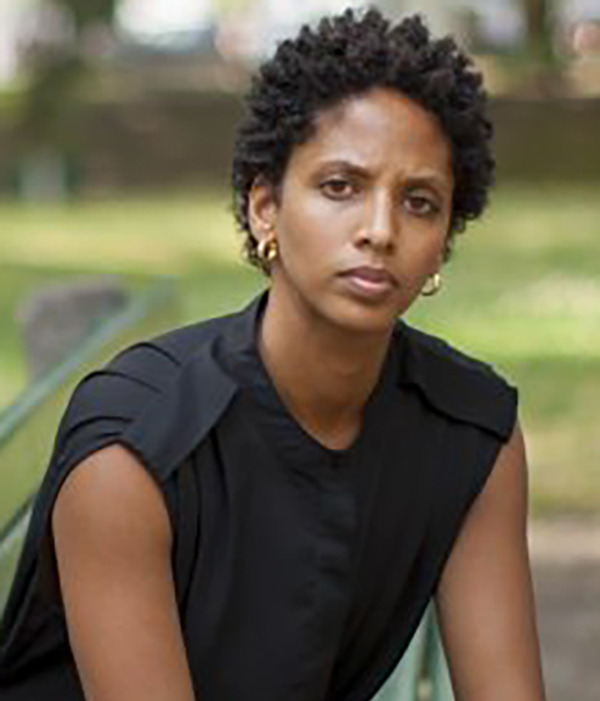
4. Sarah Jama
If we want to create change in Canada – if we want to have more people from communities who aren’t only represented – the answer isn’t to move towards tokenization and propping people up. The answer is to give people the tools to prop themselves up.
Sarah Jama is the co-founder of Disability Justice Network of Ontario. She said this during an engaging speech at an event held by the Broadbent Institute. It is truly so important that we support people with disabilities by providing them with the tools to live their best life. At Surrey Place, our Self-Advocacy Council is one way for people with disabilities to share their feedback and help us improve our services.
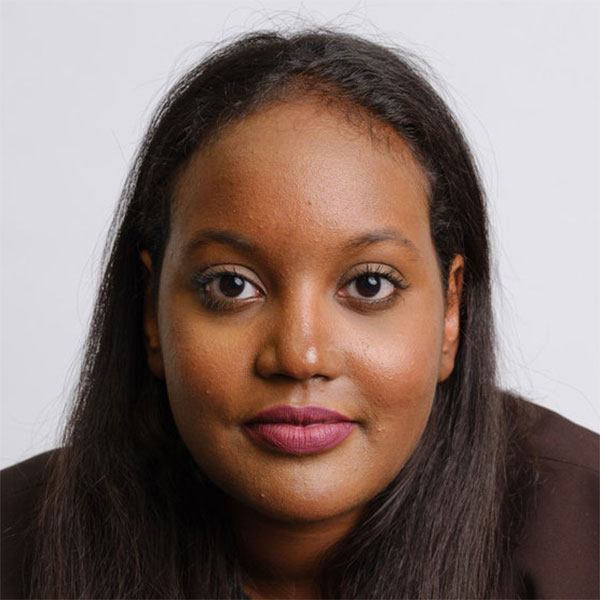
5. Cameron Davis
The hardest thing about being Black in Canada is the prejudice I face and that’s where my fear comes from.
Cameron is a 15-year-old YouTuber who uses the platform to make videos about what it’s like to be a Black teenager living in Canada. Cameron’s quote is a painful reminder that despite Canada being renowned for its inclusivity and diversity, prejudice still exists today towards Black individuals of all ages.
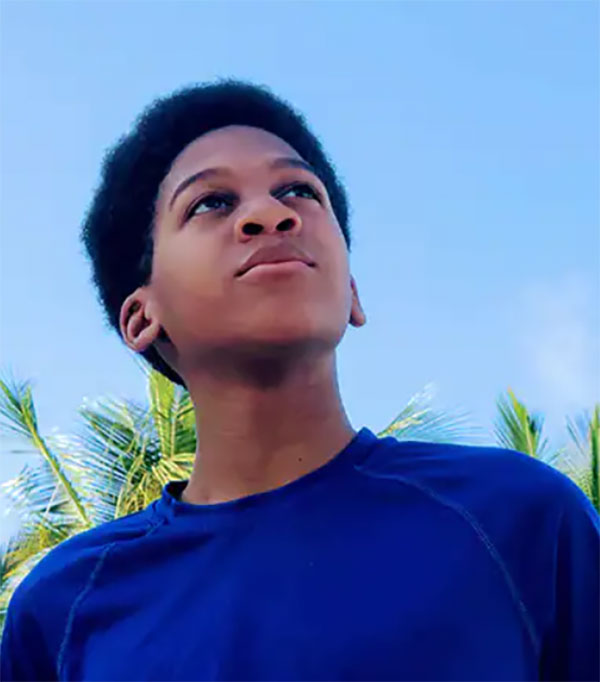
6. Donovan Bailey
Follow your passion, be prepared to work hard and sacrifice, and above all, don’t let anyone limit your dreams.
Donovan Bailey is a retired Jamaican Canadian sprinter and the first man in history to be world champion, Olympic champion and world record holder at the same. Donovan Bailey inspires us to keep working hard to achieve our dreams, regardless of anyone who might tell us to give up.
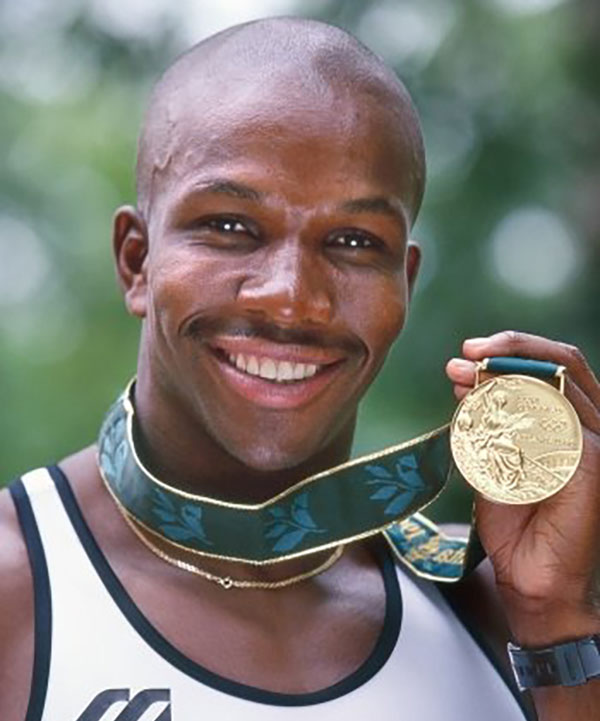
7. Dr. Chika Stacy Oriuwa
I draw inspiration from my own personal adversity and triumphs and things that speak to my authentic truth and rawness and vulnerability.
Dr. Oriuwa is a physician, spoken word artist, and advocate against systemic racism in health care. She was the only Black medical student in her graduating class at University of Toronto’s medical school in 2020, and she was also valedictorian when she graduated. This quote connects back to how she allows herself to reflect on her unique experiences and channel her vulnerability into her spoken word art. Like Dr. Oriuwa, we can all aim to rise above adversity through creative methods.
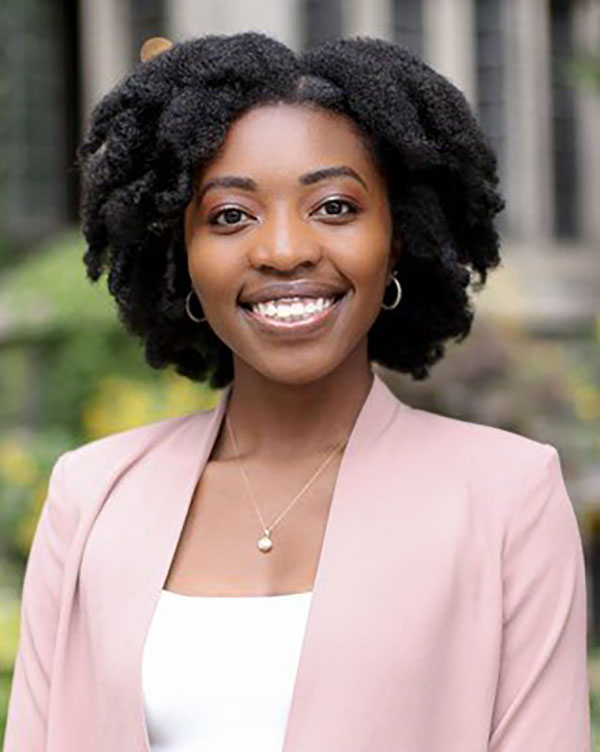
8. Aaron Parry
As someone who is still kind of a youth, I think that it’s our responsibility to carry those stories. Sometimes people in my age group might forget to honour the people that have come before us … but I think that it’s very important to honour… the people who are still here and honour our ancestors in any way and honour the history of our community.
We wholeheartedly agree with these wise words from Aaron Parry, a university student from Hamilton, Ontario. Aaron’s research for the Afro-Canadian Caribbean Association of Hamilton (ACCA) and the Hamilton Black History Council last year led to the creation of the Hamilton Black History Database, which pays respect to the histories and stories the Black community in Hamilton.
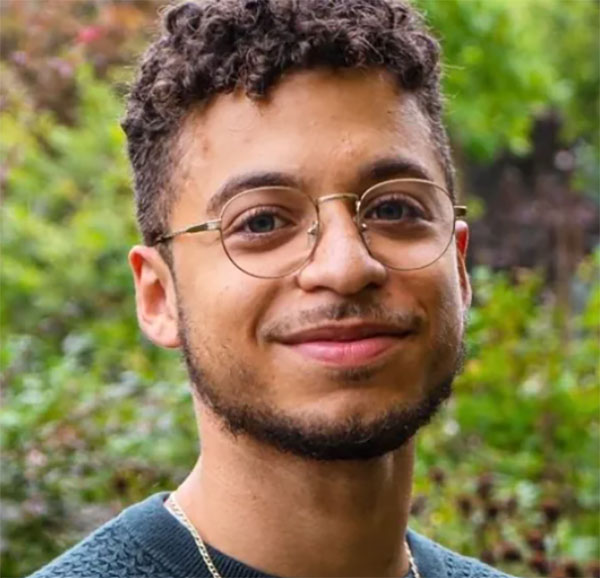
9. Laverne Jacobs
We need to pay attention and understand the challenges faced by those who experience not only disability, but also a range of social identities and circumstances, such as being a woman, an older person, racialized, Indigenous, homeless, [transgender] or a person from the LGBTQ2+ community.
Laverne Jacobs is currently an associate law professor at the University of Windsor, as well as Canada’s first nominee for the United Nations Committee on the Rights of Persons with Disabilities. She’s known for being the first editor and lead author of the first Canadian textbook on the law and disability and has first-hand experience with disability due to a spinal cord injury. This quote reminds us of the importance of intersectionality – people with disabilities come from a variety of cultural backgrounds and have unique life experiences.
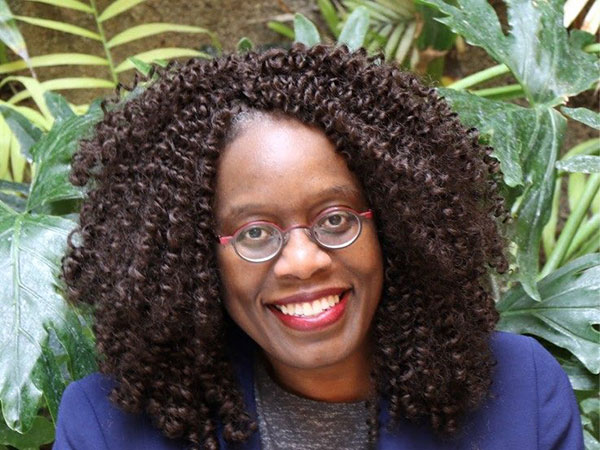
10. Andre De Grasse
You [can be] physically tired… but at the same time, you’ve got to just tell yourself, ‘I can do it. I can’t give up.’ You’ve got to go out there and perform. Just make magic, make it happen. I try to do that every single time I step on the track.
Andre De Grasse is a Canadian sprinter who’s made headlines for his Olympic feats. He’s best known for being the first Canadian to win three medals in a single Olympics. This quote reminds us of the importance of perseverance – moving forward even when things feel difficult. You might be able to conquer tough circumstances with an incredible accomplishment, or “magic” as Andre says!
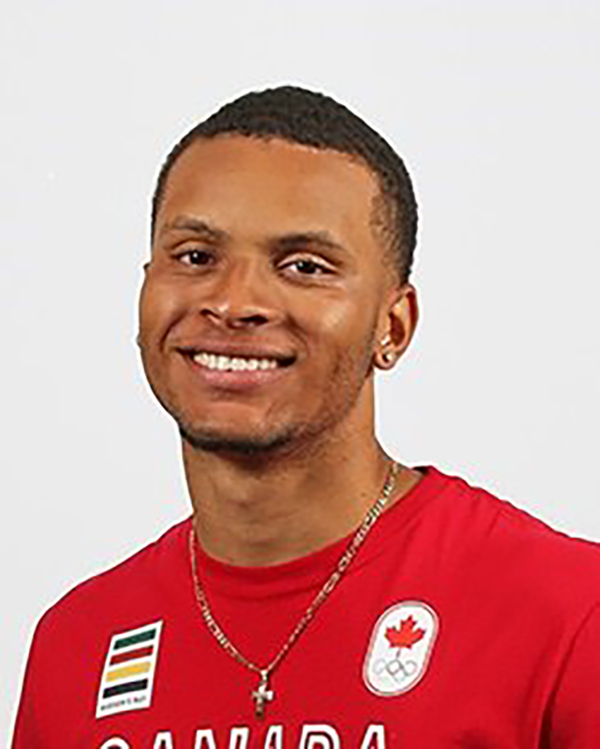
And there you have it – ten powerful quotes by Black Canadians who are paving the way for Canadians from all races, religions, sexualities, gender identities, ages and abilities. Follow Surrey Place on Facebook, Twitter, Instagram, LinkedIn and YouTube for more inspiring content throughout Black History Month and beyond!
References
https://www.publicis.ca/news/publicis-groupe-canada-invited-the-honourable-jean-augustine-to-speak-to-us-about-her-background-and-life-story-as-the-mother-of-black-history-month-in-canada/
https://www.globalcitizen.org/en/content/quotes-from-canadian-leaders/
https://www.vogue.co.uk/arts-and-lifestyle/article/janaya-future-khan-privilege
https://www.broadbentinstitute.ca/sarah_jama_on_disability_rights
https://amapceo.on.ca/black-history-month-profiles
https://www.cbc.ca/kidsnews/post/what-being-black-in-canada-means-for-this-teen
https://www.palettemagazine.ca/issue-4-submissions/interview-with-dr-chika-oriuwa
https://www.cbc.ca/news/canada/hamilton/hamilton-black-history-database-aaron-parry-1.6333034
https://windsorstar.com/news/local-news/windsor-professor-nominated-for-united-nations-position
https://www.cbc.ca/news/canada/windsor/windsor-law-disability-laverne-jacobs-1.6229818
https://www.sportsnet.ca/olympics/andre-de-grasse-fast-tracked-100-metre-sprint/

